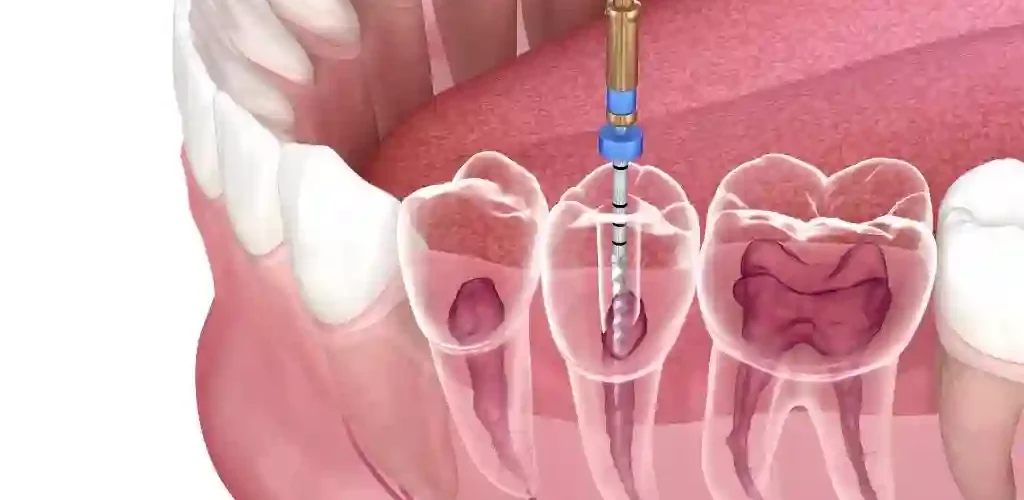Root canal therapy is becoming increasingly popular due to its effectiveness in treating painful tooth infections. This procedure is a safe and effective method of removing infected tissue, repairing any damage caused by the infection, and restoring your smile to full health. However, many people have questions about root canals before deciding if it’s the right way to treat their tooth infection. In this article, we’ll dive into what root canal therapy is and the benefits and risks associated with it.
What is Root Canal Therapy?
Root canal therapy is a procedure done by a dentist that helps remove any damaged or congenitally abnormal tissue inside of your tooth and replace it with a special filling material. The purpose of this is to restore function to the affected area and eliminate pain caused by infection. During this process, any infected tissues are removed, cleaned out, disinfected, filled with medicated material, then restored using either an inlay/only (partial coverage) or a dental crown (full coverage). This is usually done in one or two visits depending on how severe the issue is.
Benefits of Root Canal Therapy
Root canals offer numerous benefits for those struggling with infected teeth including:
- Relief from pain: Many times when you have an infection around your nerve endings, there can be extreme sensitivity which causes significant discomfort even when attempting basic activities like drinking cold water or brushing your teeth. After having root canal therapy done the source of infection has been eliminated meaning you no longer have to live with constant pain.
- Preservation of natural teeth: After some treatments like extraction or surgery there can be significant complications with recovery time which may take multiple visits back to the dentist’s office for follow-up care; however after getting a root canal treatment you won’t need any additional visits as long as you maintain good dental hygiene practices at home afterwards!
- Low risk compared to other options: Root canals are generally considered safe procedures with little risk compared to other options such as extraction where complications like dry socket (lost feeling in gum tissue) can occur in some cases after removal – leading not only saliva loss but also taste sensation issues too!
Risks Associated With Root Canals
Although there are many advantages that come along with what root canal therapy has to offer unfortunately there are also some risks involved too – namely in terms of postoperative complications such as infection/inflammation at site due surgical trauma during insertion process (i.e., tearing open gums). Therefore it’s important that if you do decide on going through these measures make sure everything was done correctly before proceeding forward however these risks don’t outweigh all positives here!
The takeaway here is that although it’s normally not recommended that someone go through something like root canal surgery without proper dental advice first – if they do choose this route then they should take every precaution necessary along their journey towards achieving healthier teeth.





